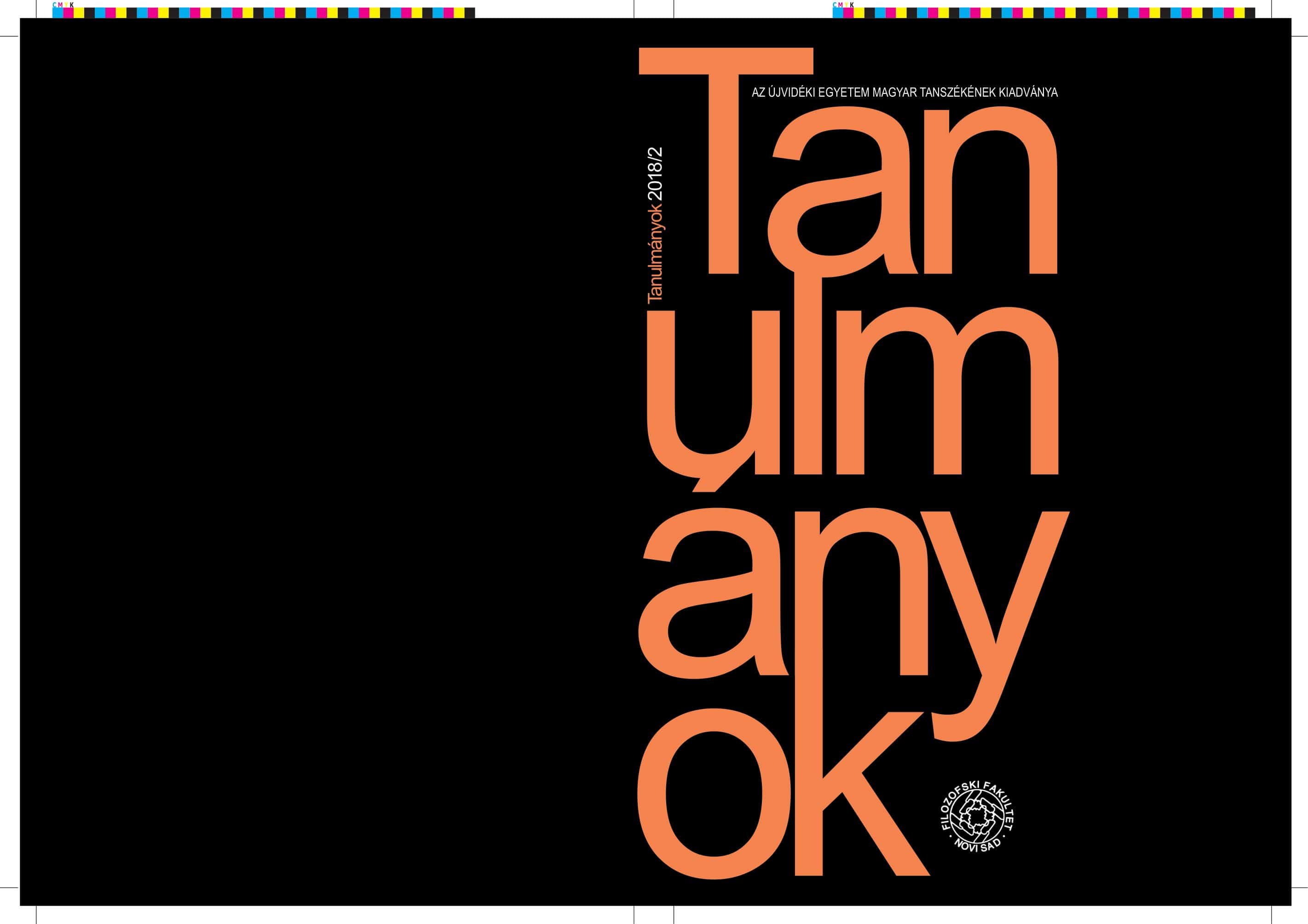A senki-, sehol-, soha-lét vidéki/világi állomásai
The Country/World Stops of Unexistence
Author(s): Orsolya BencsikSubject(s): Hungarian Literature, Theory of Literature
Published by: Филозофски факултет, Универзитет у Новом Саду
Keywords: Erzsébet Juhász; Konstantinović’s conception of rurality; marginality; hypersensitivity
Summary/Abstract: I analyse the Senki sehol soha [No one nowhere never] prose collection of Erzsébet Juhász – through relating it to the aspects of rurality – from the viewpoint of the philosophy of desire (following Sartre and Lévinas), thus turning transience into a central category of the volume. The desire prose of Juhász oscillates between the own and alien, worldly and otherworldly, present and past, and non-existence and existing elsewhere. The exploration of the sense of seclusion in the (rural, minority) existence is achieved through the poetic figure of a dead-end street, which, apart from the Erzsébet Juhász-style metaphor of existence, brings into the dialogue Aaron Blumm’s textual metaphor as well. On the other hand – apart from the parallels with Ottó Tolnai – the metaphor of the junk shop opens the door to the statement that the categories of never, nowhere, and nothing are the par excellence requisites of the verge of existence. I also deal with the concept of passing in the volume, its historical dimension (the denial of history in the country), as well as with other theoretical (Blanchot, Merleau-Ponty) and literary (Sylvia Plath, Samuel Beckett) relations of the hypersensitive prose of Erzsébet Juhász.
Journal: Tanulmányok
- Issue Year: 2018
- Issue No: 2
- Page Range: 15-34
- Page Count: 20
- Language: Hungarian

